Revised
Ann Arbor (Informed Comment) | – –
In this political season in which refugees have become a political football, it is worthwhile remembering that baby Jesus is depicted by the Bible as being a political refugee not once but twice.
- “Officials at Customs and Border Protection, the DHS agency responsible for separating families under the May-June 2018 policy, estimated in May of that year that it would separate more than 26,000 children by September, according to the report from the DHS Office of Inspector General, released publicly on Wednesday. After mounting pressure, President Donald Trump signed an executive order ending the policy on June 20, 2018.
Previously, the administration has said in court that an estimated 2,800 children were separated as a result of zero tolerance. But the report released Wednesday said that the lack of technology to track which children had been separated meant the agency had to revise that estimate to 3,014.”
In essence, Herod intended to tear Jesus out of the arms of Mother Mary. Admittedly he had more sinister plans for the boy than putting him in a foster home with strangers in a foreign country, but a stolen child is dead to its mother in any case.
Jesus as an infant is depicted as having been a refugee twice over. People in Egypt would have considered Joseph, Mary and Jesus to be refugees from the Levant.
The wise men or magi from the East and Jesus in the manger are staples of Christmas celebrations. (Matthew does not say there were three wise men, and early Syrian tradition held that there were 12 of them). Actually, however many there were, the wise men caused baby Jesus a very great deal of trouble.
Magi were the priests of the Zoroastrian or Parsi religion of ancient Iran. Iranian religions like Zoroastrianism and Mithraism were present in the Near East. In fact, the Iranian Parthian Empire (250 BC-220 AD), stretching from Afghanistan to Mesopotamia, had taken the the Near East and greater Syria away from Rome briefly for a couple of years some 33 years before Jesus was born. In that couple of years, the Iranians deposed the Rome-appointed local governor, Herod the Great, who fled to Rome, and the Iranians installed the Hasmonean, Antigonus, son of Aristobulus II, as their governor.

Personal checks should be made out to Juan Cole and sent to me at:
Juan Cole
P. O. Box 4218,
Ann Arbor, MI 48104-2548
USA
(Remember, make the checks out to “Juan Cole” or they can’t be cashed)
Herod intrigued with Mark Antony, who was planning a counter-offensive, and offered him a bribe, and talked up the Persian threat, so that the Roman senate appointed him king over the territory when Mark Antony took it back. Herod played the same Iran card with the Roman Senate that Binyamin Netanyahu now plays with the US Congress.
But once back in power, Herod also did diplomacy with the Iranians fearing that they might come back.
Iranian religious currents that stayed behind in Greater Syria carried a prophecy of the ancient Iranian prophet Zoroaster:
“You, my children, shall be the first honored by the manifestation of that divine person who is to appear in the world: a star shall go before you to conduct you to the place of his nativity; and when you shall find him, present to him your oblations and sacrifices; for he is indeed your lord and an everlasting king.”
So Zoroaster predicted that following a star would lead his priests to a nativity scene, where they would find the world-savior, which they would have called Saoshyant.
Oh, no, Iranian religious leaders spreading their religious ideology in Syria! Alert the Republican National Committee!
The delegation of wise men from Iran appear to have met with Herod before they went off wandering around looking for the savior. Herod tried to keep good diplomatic relations with the neighboring Parthian Empire, still strong in what is now Iraq, explaining why he might have given the priests safe passage.
In any case, an Iranian invasion had deposed Herod once, and he would have been very nervous about Iranian priests spreading end-of-days talk about the rise of an everlasting king. You just have to read the Qumran scrolls to see that some Jewish sects would have been primed for this Iranian message. According to Matthew, their millenarianism got back to Herod.
He says that the magi were instructed in a dream not to go back for an audience with Herod after he had been angered by their prophecy, and so they departed directly “to their own country, by another way.” I.e. they sneaked back to Iran, avoiding Herod’s guards.
Herod, having heard the Zoroastrian prophecy that the Saoshyant or eternal monarch had just been born, took it literally and was afraid that on reaching adolescence an Iranian-inspired boy-king would dethrone him, just as the Parthian emperor had in 39 BC at the beginning of his career. So he announced he would kill all boy babies 2 years old or less.
Matthew says that an angel appeared to Joseph in a dream and warned him and his family to decamp.
So the flight to Egypt of the holy family was the migration of Syrian refugees from a combination of religious and political persecution. A blanket killing of boy babies is what we would now call a war crime, and Jesus was directly targeted. Like little Aylan Kurdi, who washed up dead on a Turkish beach, he was forced by a violent regime out of his home, to seek refuge in another country. Unlike Aylan, baby Jesus survived the journey to Egypt.
The biggest Jewish community in Roman Egypt at that time was in Alexandria, and I have long felt that was where the holy family were likely given asylum. Jesus was probably born around 6 or 5 BC, so Egypt would have been governed by Gaius Turranius. Jews in Alexandria had been given their own quarter and originally had been made equal to Greeks by the Seleucids, but there were tensions between those two communities, and both had tensions with the native Egyptians.
Roman amphitheater in Alexandria
Greeks considered Jews to be “atheists” because they rejected the pantheon of gods. Just a little over thirty years before Jesus was born, the Alexandrian Jews had been demoted from being citizens of Alexandria to being just Egyptians. The best status was to be a Roman citizen (as Saul/ St. Paul was), but you couldn’t become a Roman citizen without first being an Alexandrian citizen. The Romans thus abruptly took away from Jews the urban citizenship status they had had since the city was founded by Alexander the Great. In 38 BC there was a riot over these issues between the Greeks and the Jews.
(The US Congress has made Iranian-Americans, Iraqi-Americans and some other ethnicities with dual citizenship second-class citizens by insisting that these citizens of the USA get visas back to the US if they visit Iran or Iraq. Just because you think you are a citizen with full rights doesn’t mean that you will remain that way. Franco took citizenship away from millions of Spanish leftists, and the Bolsheviks took citizenship away from millions of White Russians).
The holy family was probably refugees for just one or two years in Egypt. If they weren’t in Alexandria, they would have been considered “Egyptians” by the Roman authorities, a low status. If they made it to Alexandria, they would have had more rights, but they likely suffered from not having the same religion as the Greek and Roman elite. The Egyptian polytheists, who still worshiped Horus and Anubis, wouldn’t have appreciated foreign “atheists,” either.
Joseph was a tektōn (τέκτων), a builder or some say carpenter. If a builder he would have looked for day work, maybe working with stone. There would have been no work for a carpenter in Egypt at all. Egypt doesn’t have trees suitable for woodworking, just palms. Wood has long been imported from Lebanon for the elite, which had cedars. (To this day I have seen Egyptian newlyweds given big wooden dresser drawers, an extremely expensive imported gift, meant to last a lifetime). So it is possible that the holy family was reduced to penury and living on handouts, far from the trees of the Levant that supplied wood for carpentry. They might have been hungry. As they fled through Sinai to Egypt, they would have been thirsty. If Joseph could get no work for a year or two, their clothes might have gotten threadbare or even fallen off their bodies. They may have had to beg.
In 4 BC, Herod the Great died.
Matthew says, “But when Herod died, behold, an angel of the Lord appeared in a dream to Joseph in Egypt, saying, “Rise, take the child and his mother, and go to the land of Israel, for those who sought the child’s life are dead.”
First, the holy family tried to go to Judah in the north, but Herod’s son Archelaus was ruling there as a tyrant, so they had to flee Judah, too.
That was when the three of them went to Nazareth in the Galilee, which wasn’t in the territory of Archelaus but in that of Herod Antipas. (This ruler later executed John the Baptist for denouncing his marriage to his niece as incestuous, so the holy family’s hope they would be safe under him was misplaced).
So the toddler Jesus got to be a Nazarene because of having been a refugee twice, once from Herod the Great in Egypt, and once from Archelaus in Judah.
The toddler refugee would later say,
“31 “When the Son of Man comes in his glory, and all the angels with him, then he will sit on the throne of his glory. 32All the nations will be gathered before him, and he will separate people one from another as a shepherd separates the sheep from the goats, 33 and he will put the sheep at his right hand and the goats at the left. 34 Then the king will say to those at his right hand, ‘Come, you that are blessed by my Father, inherit the kingdom prepared for you from the foundation of the world; 35 for I was hungry and you gave me food, I was thirsty and you gave me something to drink, I was a stranger and you welcomed me, 36 I was naked and you gave me clothing, I was sick and you took care of me, I was in prison and you visited me.’ 37 Then the righteous will answer him, ‘Lord, when was it that we saw you hungry and gave you food, or thirsty and gave you something to drink? 38 And when was it that we saw you a stranger and welcomed you, or naked and gave you clothing? 39 And when was it that we saw you sick or in prison and visited you?’ 40 And the king will answer them, ‘Truly I tell you, just as you did it to one of the least of these who are members of my family, you did it to me.’ ”
Maybe when they were refugees in Egypt, Mary, Joseph and baby Jesus were hungry and thirsty, or lacked proper clothing, having had to flee their homeland abruptly. Maybe Jesus grew up hearing those stories about the refugees.
There are politicians arguing that Syrian refugees should not be admitted to the United States, even though the US has taken in 750,000 refugees since 2001, and only a handful have gotten into security-related trouble.
Jeb Bush said that only Christian Syrian refugees should be let in.
These American, Christian politicians would not have admitted the holy family when they fled Herod the Great. They were Jews and that was before Christianity. So they were non-Christian Syrian refugees. Out of luck.
Here is the rest of what the Syrian refugee said in Matthew 25:
41 Then he will say to those at his left hand, ‘You that are accursed, depart from me into the eternal fire prepared for the devil and his angels; 42 for I was hungry and you gave me no food, I was thirsty and you gave me nothing to drink, 43 I was a stranger and you did not welcome me, naked and you did not give me clothing, sick and in prison and you did not visit me.’ 44 Then they also will answer, ‘Lord, when was it that we saw you hungry or thirsty or a stranger or naked or sick or in prison, and did not take care of you?’ 45 Then he will answer them, ‘Truly I tell you, just as you did not do it to one of the least of these, you did not do it to me.’ 46 And these will go away into eternal punishment, but the righteous into eternal life.”
Maybe they should chisel it above the Capitol building.
Oxfam America Syria Donation Page.

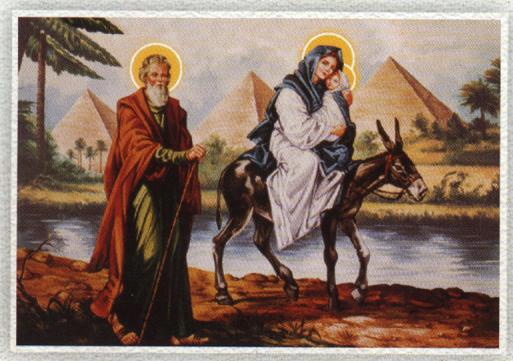

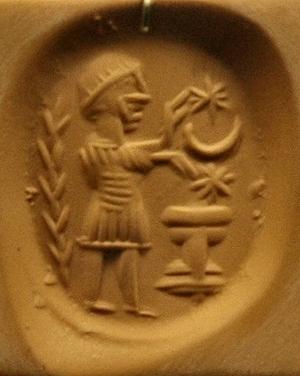
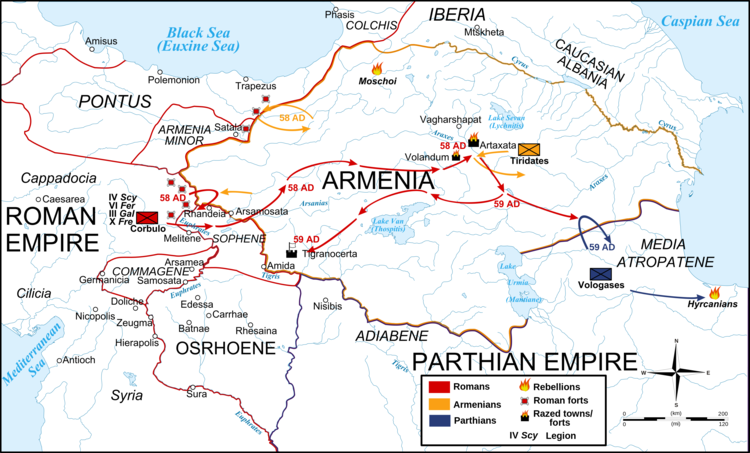
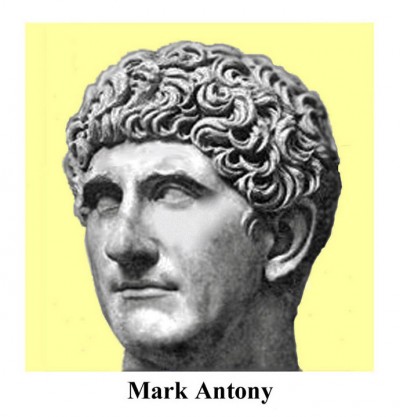
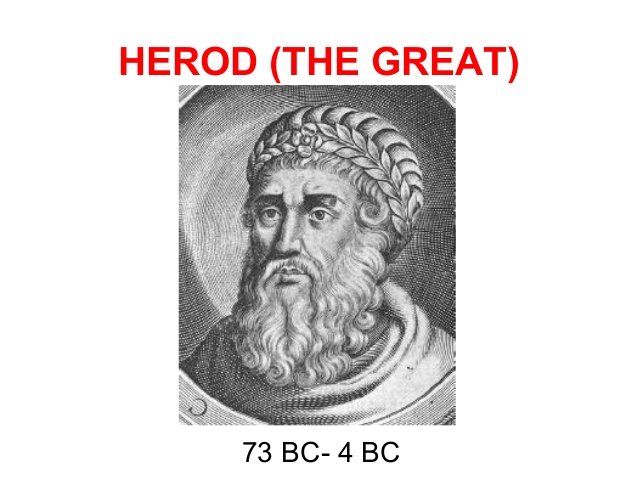

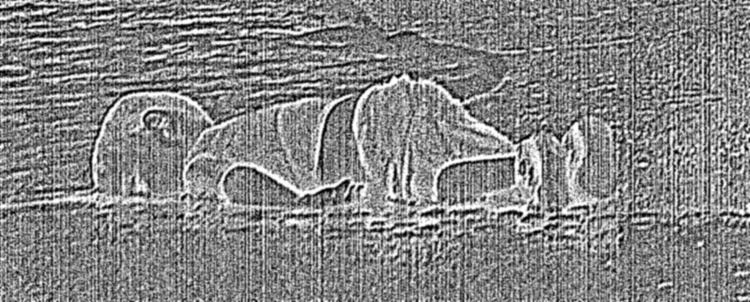
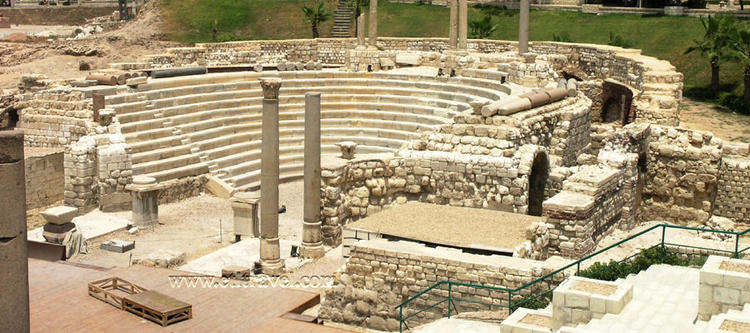

 © 2025 All Rights Reserved
© 2025 All Rights Reserved